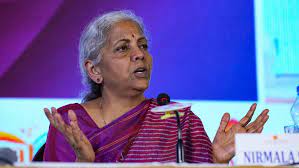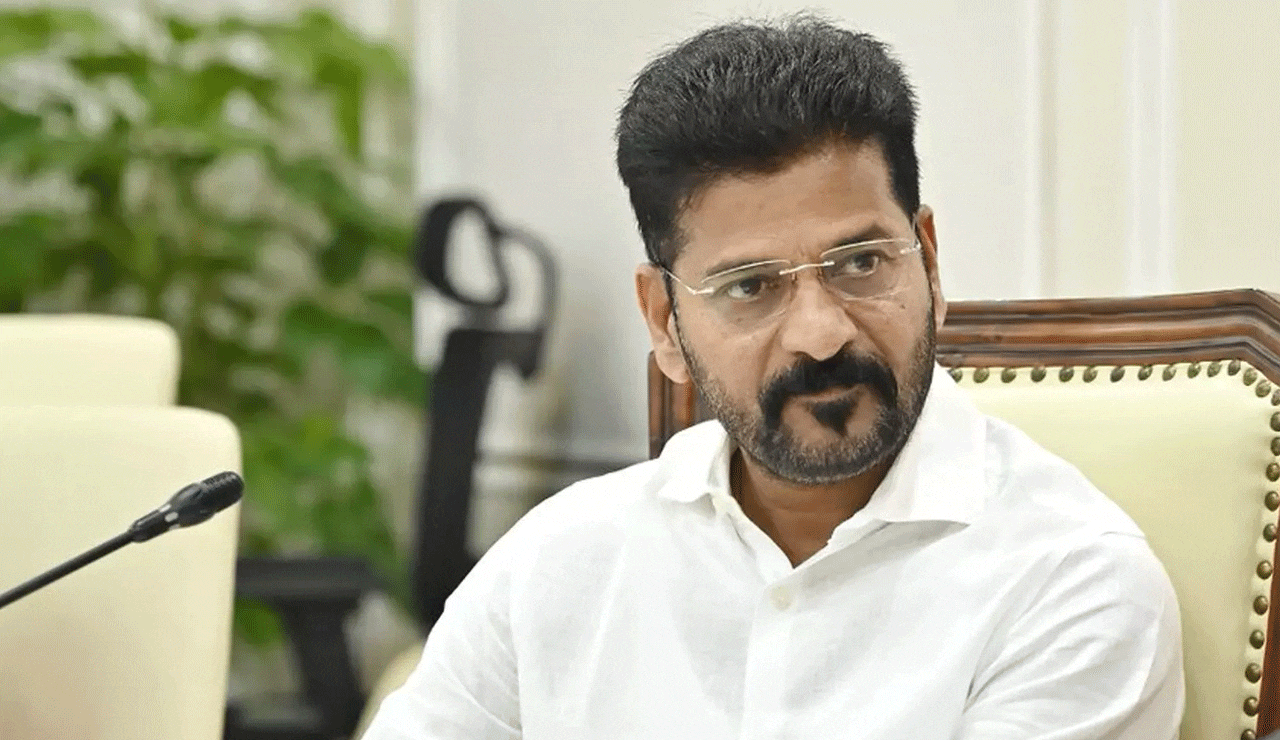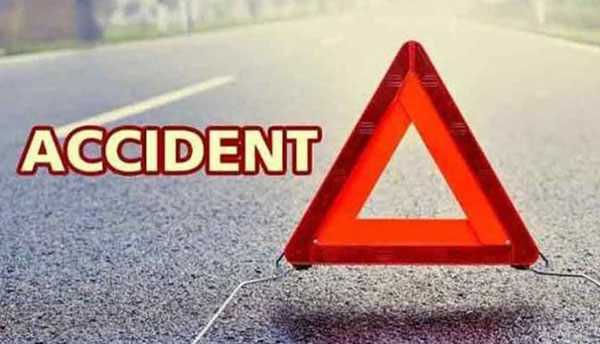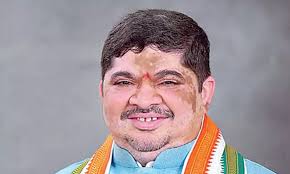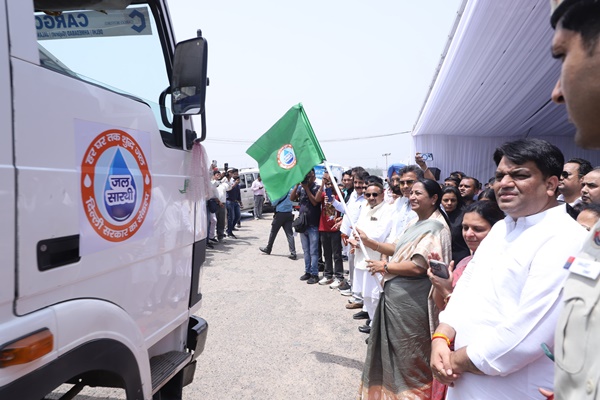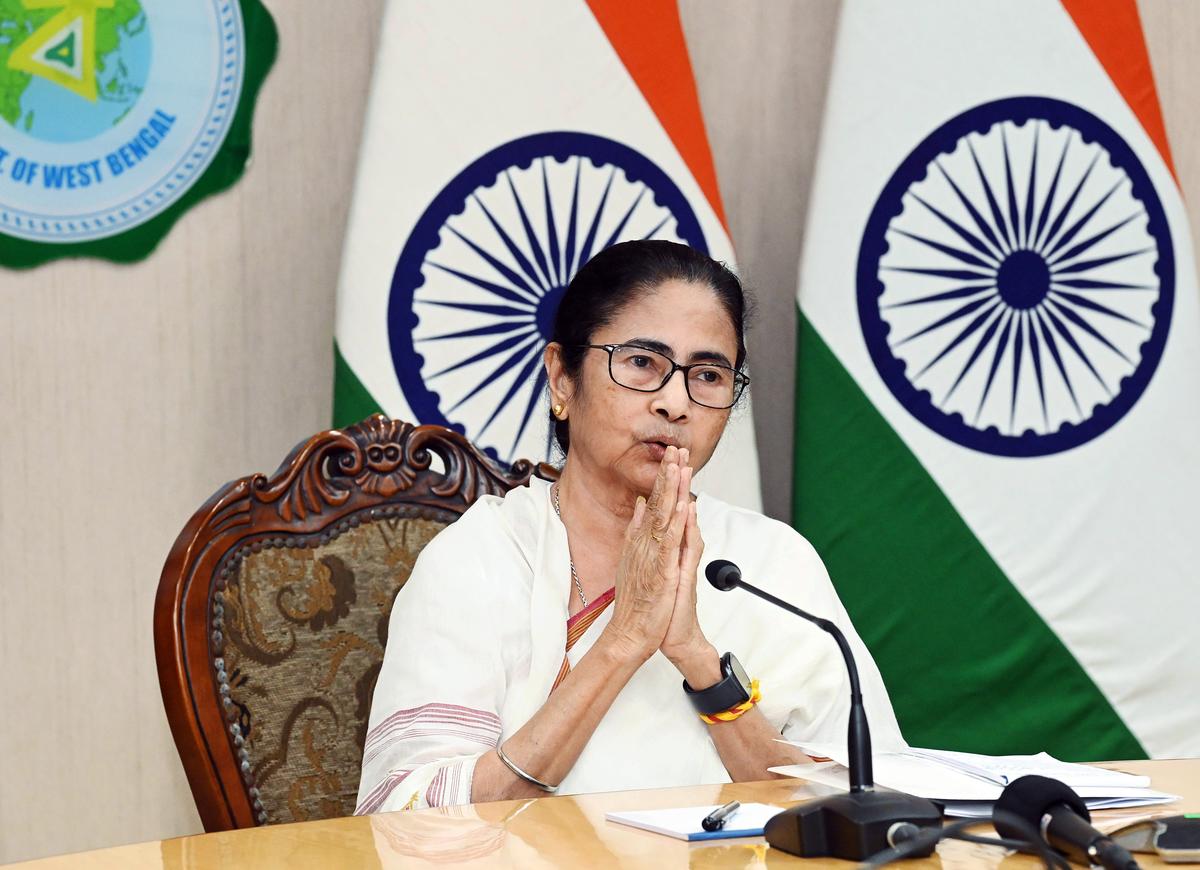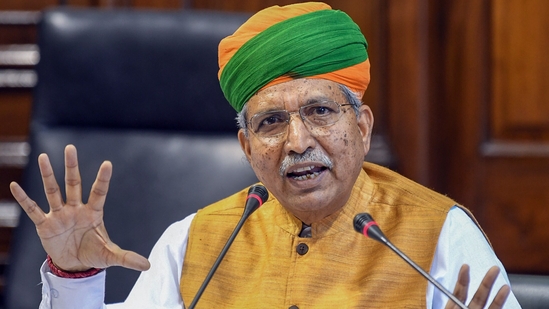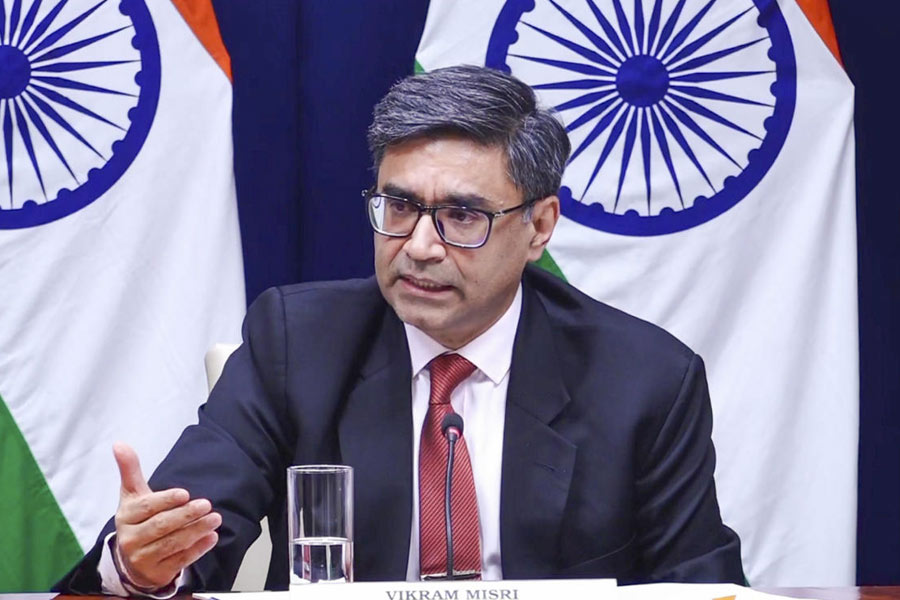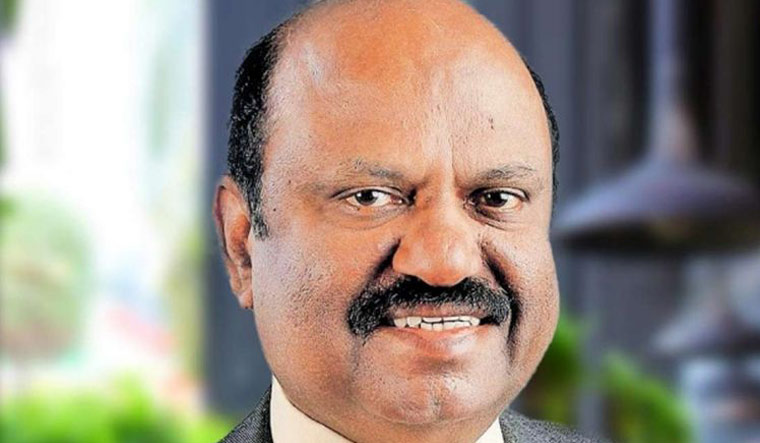Somalia drought: At least 110 die as fears of famine grow
Sun 05 Mar 2017, 15:17:11
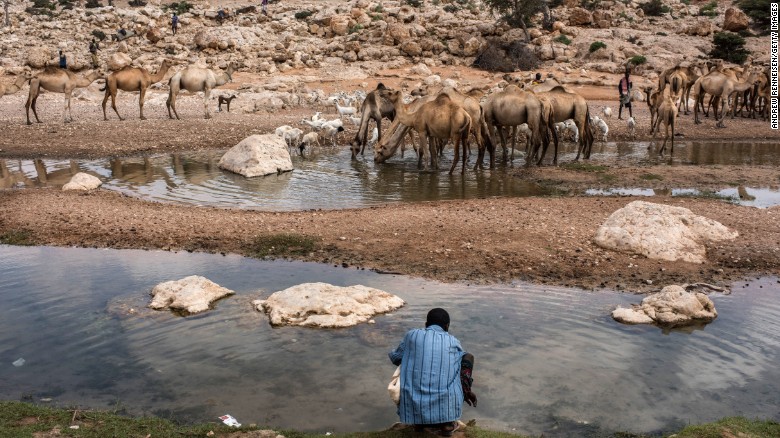
At least 110 people, most of them women and children, have died from starvation and drought-related illness in Somalia in the past 48 hours, Prime Minister Hassan Ali Khaire said Saturday.
Khaire made the announcement while speaking to the drought committee in Mogadishu, four days after President Mohamed Abdullahi Farmajo declared the drought a national disaster.
Khaire made the announcement while speaking to the drought committee in Mogadishu, four days after President Mohamed Abdullahi Farmajo declared the drought a national disaster.
The death toll covers those who died in the rural areas of Somalia's southwestern Bay region where the drought is more severe than other parts of the country. It was not immediately clear how many others have died in the rest of the country.
"The drought response committee briefed the PM about the humanitarian crises in the country that is threatening the lives of the people and their livestock who are on the brink of dying from hunger and watery diarrhea disease," Khaire's office said.
Khaire has urged "business people and everyone to contribute to the drought response efforts aimed at saving the lives of the millions of Somalis dying of hunger and lack of water."
The country has been hit by a severe drought that has affected more than 6.2 million people who are currently facing food insecurity and lack of clean water because of rivers that are drying up and recent years with little rain.
Earlier in the week, the United Nations' humanitarian coordinator for Somalia, Peter de Clercq, warned the drought could lead to famine.
"If we do not scale up the drought response immediately, it will cost lives, further destroy
livelihoods, and could undermine the pursuit of key state-building and peace-building initiatives," he warned, adding that a drought -- even one this severe -- does not automatically have to mean catastrophe.
According to the United Nations, "Somalia is in the grip of an intense drought, induced by two consecutive seasons of poor rainfall. In the worst-affected areas, inadequate rainfall and lack of water has wiped out crops and killed livestock, while communities are being forced to sell their assets, and borrow food and money to survive."
The United Nations adds that "the Food Security and Nutrition Analysis Unit (FSNAU) and the Famine Early Warning Systems Network (FEWSNET) -- managed by the Food and Agriculture Organization (FAO) -- have found that over 6.2 million, or more than half of the country's population, are now in need of assistance, up from 5 million in September."
Famine in Somalia killed roughly 258,000 people between 2010 and 2012, according to joint report by the United Nations and the United States Agency for International Development. At the time, humanitarian organization Oxfam criticized the international community's response to the famine in Somalia, saying "the world was too slow to respond."
UNICEF lists Somalia among four nations where they say a total of 1.4 million children could die of severe acute malnutrition as famine looms. South Sudan, Nigeria and Yemen are also areas of heightened concern.
Famine declared in South Sudan; 4.9 million people need urgent help
"The drought response committee briefed the PM about the humanitarian crises in the country that is threatening the lives of the people and their livestock who are on the brink of dying from hunger and watery diarrhea disease," Khaire's office said.
Khaire has urged "business people and everyone to contribute to the drought response efforts aimed at saving the lives of the millions of Somalis dying of hunger and lack of water."
The country has been hit by a severe drought that has affected more than 6.2 million people who are currently facing food insecurity and lack of clean water because of rivers that are drying up and recent years with little rain.
Earlier in the week, the United Nations' humanitarian coordinator for Somalia, Peter de Clercq, warned the drought could lead to famine.
"If we do not scale up the drought response immediately, it will cost lives, further destroy
livelihoods, and could undermine the pursuit of key state-building and peace-building initiatives," he warned, adding that a drought -- even one this severe -- does not automatically have to mean catastrophe.
According to the United Nations, "Somalia is in the grip of an intense drought, induced by two consecutive seasons of poor rainfall. In the worst-affected areas, inadequate rainfall and lack of water has wiped out crops and killed livestock, while communities are being forced to sell their assets, and borrow food and money to survive."
The United Nations adds that "the Food Security and Nutrition Analysis Unit (FSNAU) and the Famine Early Warning Systems Network (FEWSNET) -- managed by the Food and Agriculture Organization (FAO) -- have found that over 6.2 million, or more than half of the country's population, are now in need of assistance, up from 5 million in September."
Famine in Somalia killed roughly 258,000 people between 2010 and 2012, according to joint report by the United Nations and the United States Agency for International Development. At the time, humanitarian organization Oxfam criticized the international community's response to the famine in Somalia, saying "the world was too slow to respond."
UNICEF lists Somalia among four nations where they say a total of 1.4 million children could die of severe acute malnutrition as famine looms. South Sudan, Nigeria and Yemen are also areas of heightened concern.
Famine declared in South Sudan; 4.9 million people need urgent help
No Comments For This Post, Be first to write a Comment.
Most viewed from International
Most viewed from World
AIMIM News
Latest Urdu News
Most Viewed
May 26, 2020
Do you think Canada-India relations will improve under New PM Mark Carney?
Latest Videos View All
Like Us
Home
About Us
Advertise With Us
All Polls
Epaper Archives
Privacy Policy
Contact Us
Download Etemaad App
© 2025 Etemaad Daily News, All Rights Reserved.

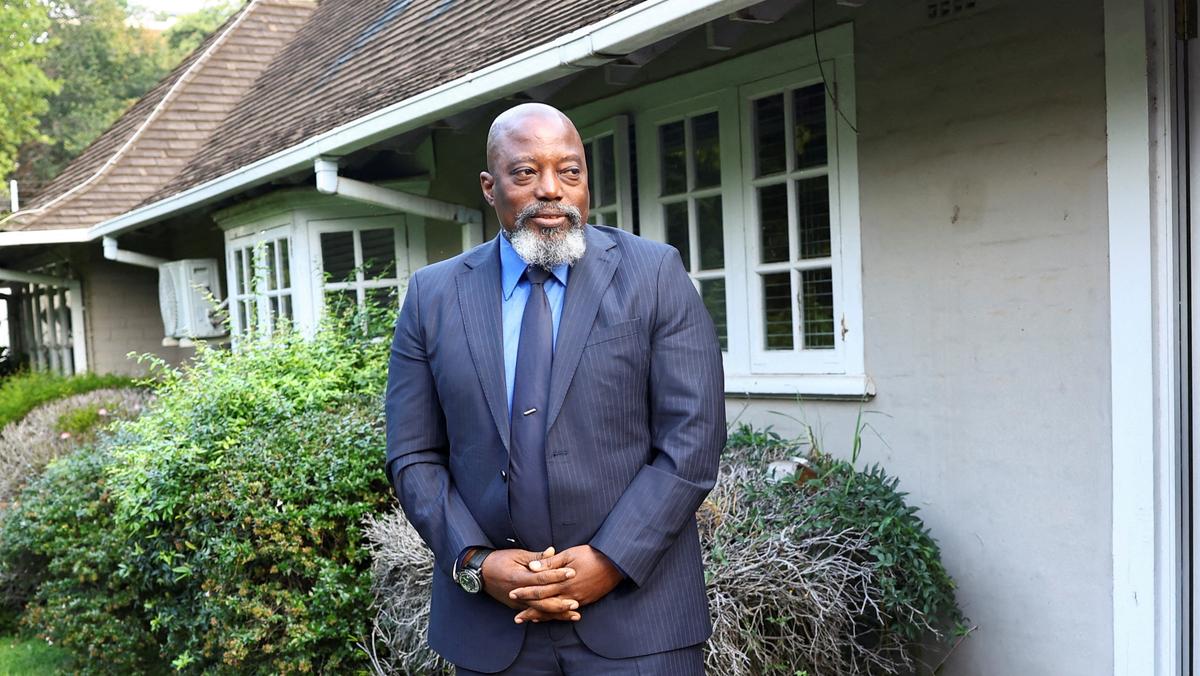
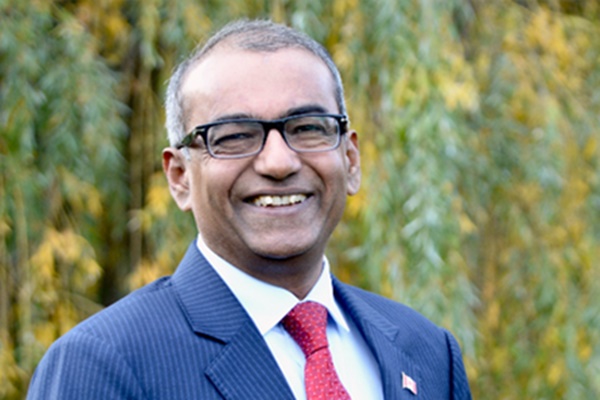


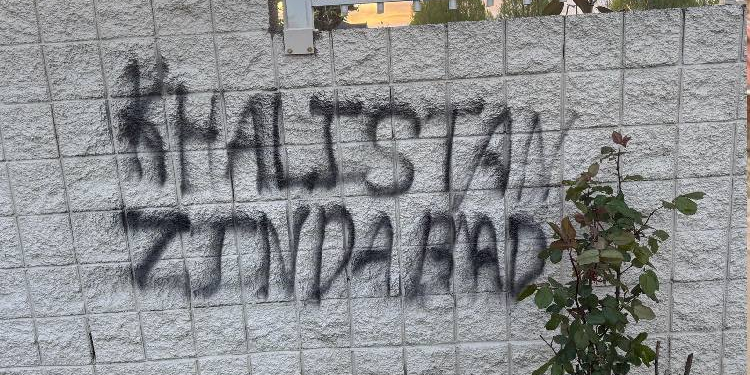




.jpg)


